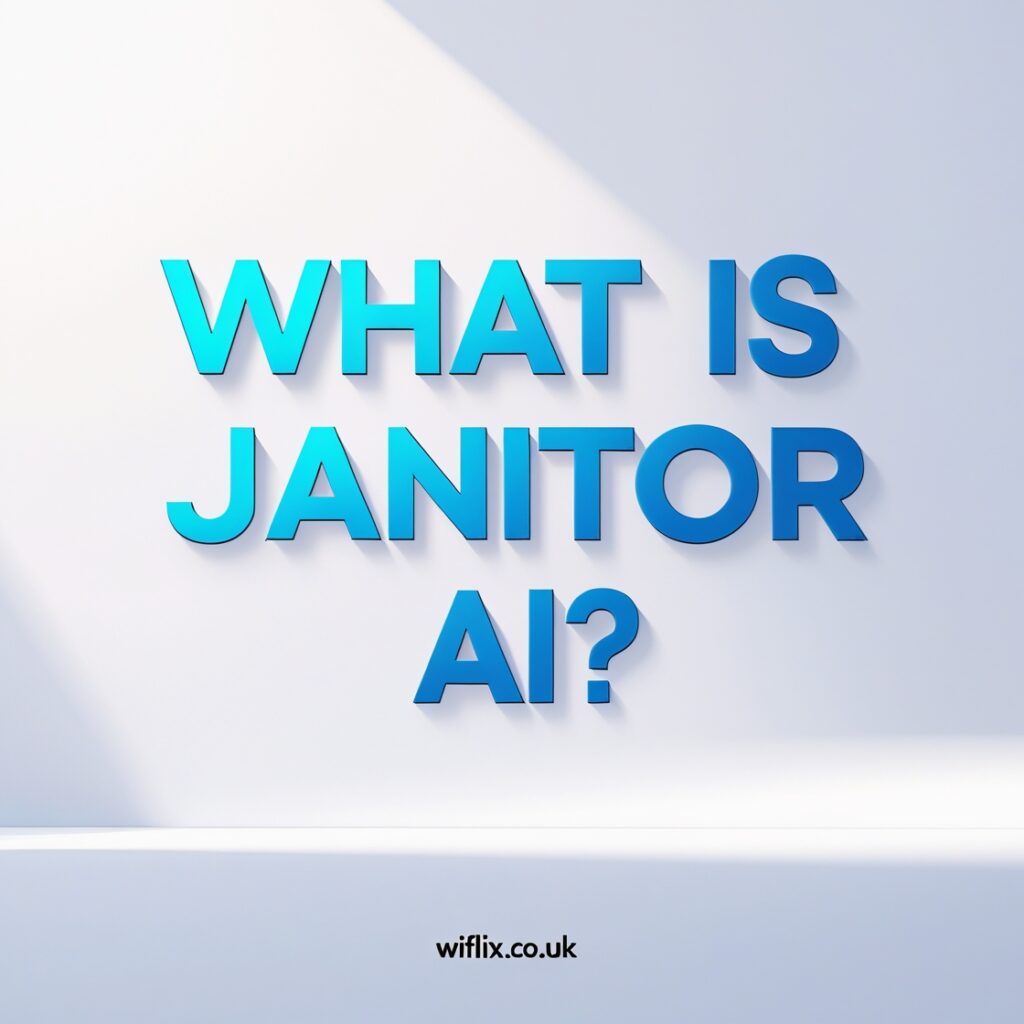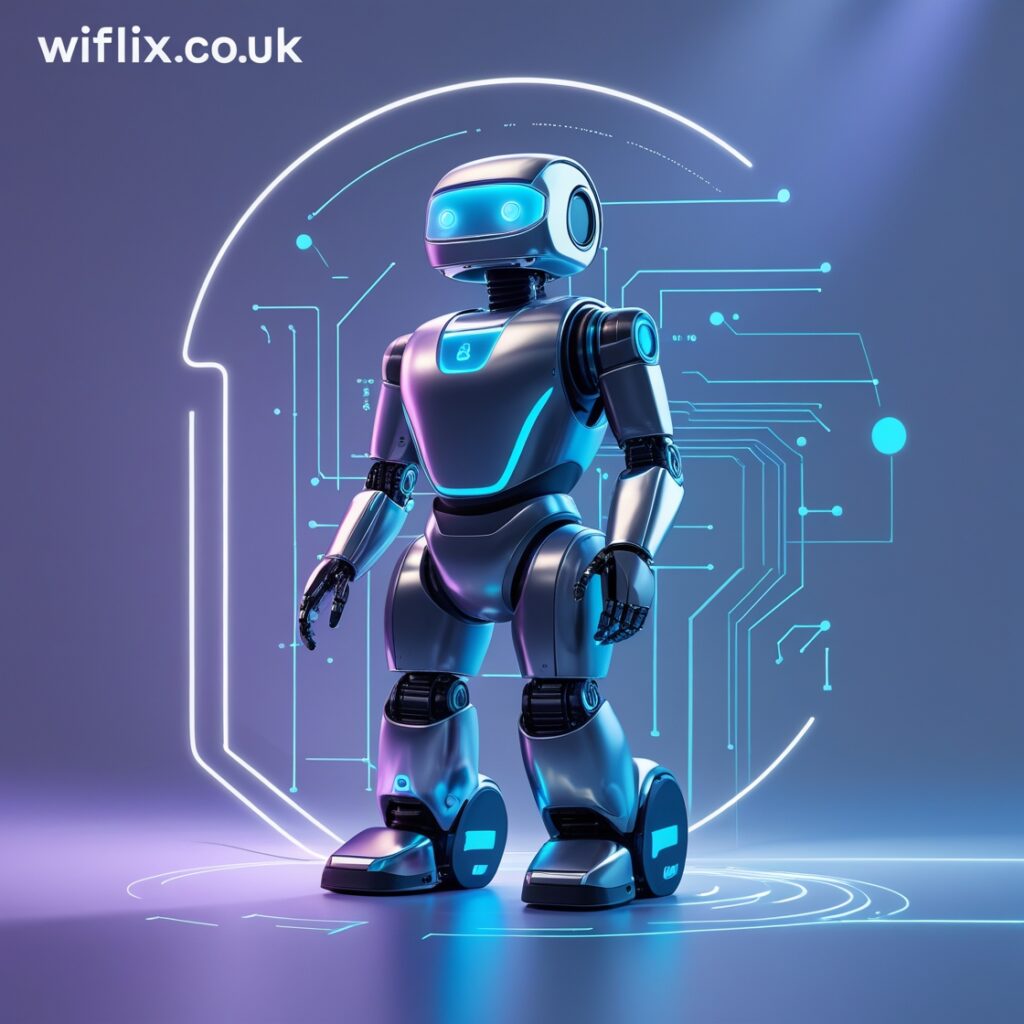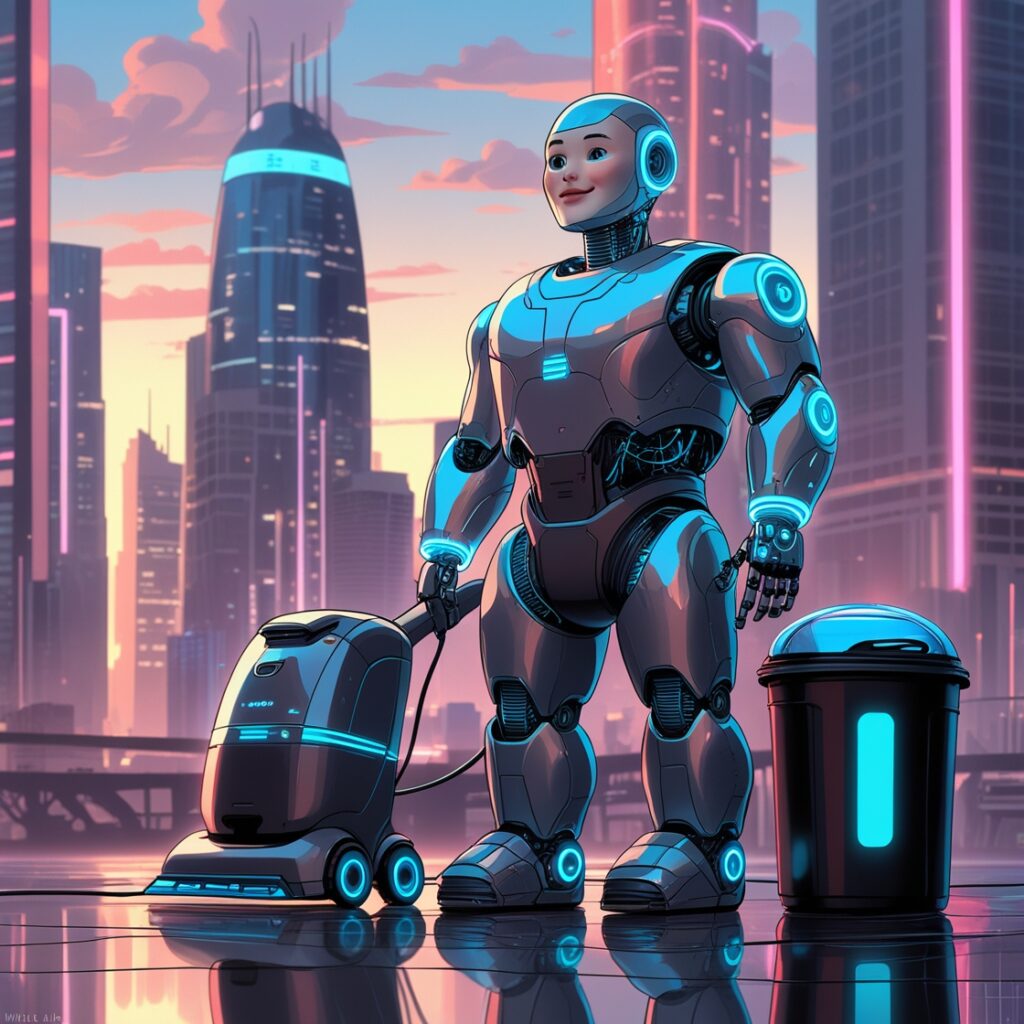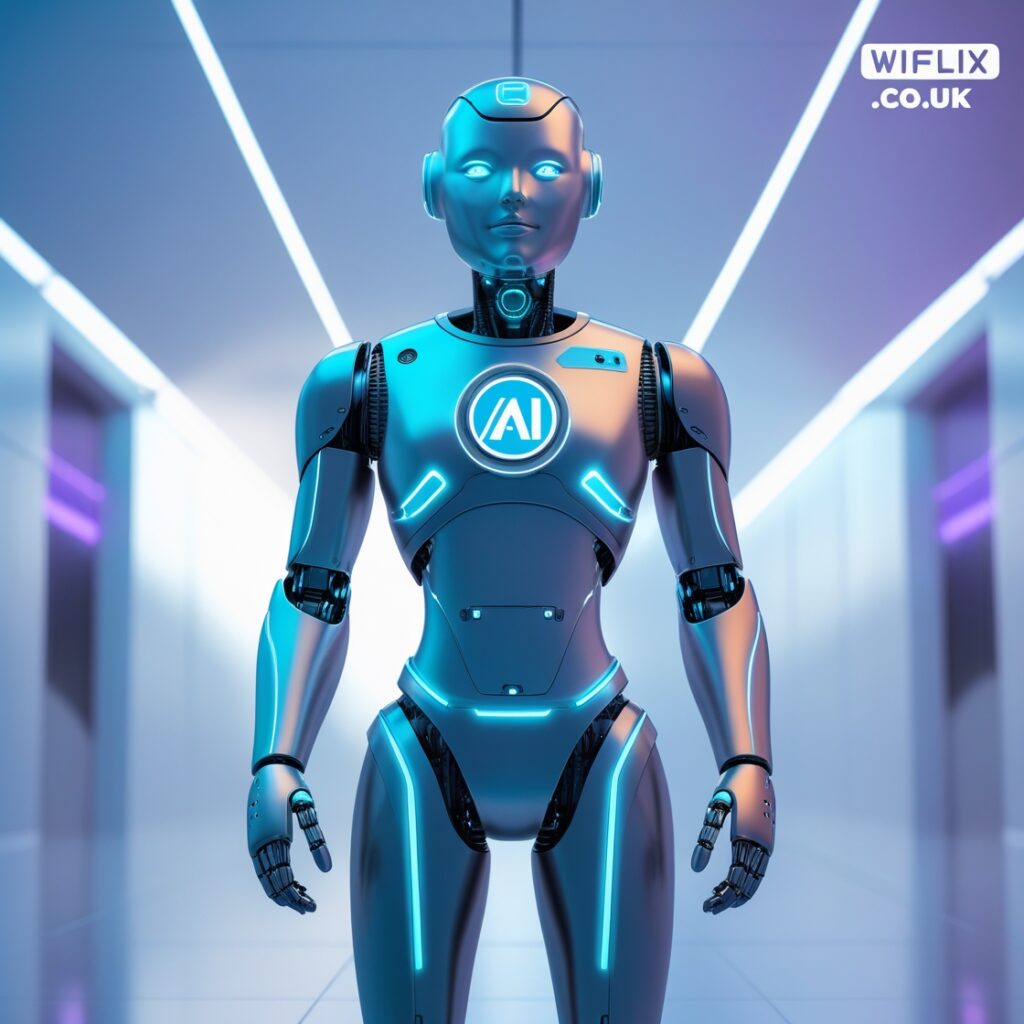In a world of increasingly advanced artificial intelligence and automation, traditional businesses are being redefined to increase efficiency, accuracy and sustainability One such innovation that provides waves in facilities management and cleaning with Janitor AI. This groundbreaking technology combines robotics, machine learning and automation to transform the cleanup and management of spaces.
This article explores the concept of Janitor AI, its applications, benefits, challenges and potential to reshape industry.
What is Janitor AI?

Janitor AI is an AI-powered system designed to automatically handle cleaning tasks. These systems typically consist of robotic devices equipped with sensors, cameras and maintenance tools, all controlled by advanced algorithms. Unlike human janitors, Janitor AI works tirelessly, ensuring constant cleaning and disinfection.
Using artificial intelligence, these robots learn from their environment, adapt to different environments, and improve their performance over time. From vacuuming carpets to disinfecting hospital rooms, Janitor AI ensures thorough cleaning with minimal human intervention.
How Does Janitor AI Work?
The success of Janitor AI lies in its intelligent integration of various technologies. Here’s how it functions:
1. Sensors and Navigation
Advanced sensors enable Janitor AI to map spaces, detect obstacles, and navigate complex layouts. These sensors provide real-time feedback, ensuring precise movement and cleaning.
2. Machine Learning Algorithms
Janitor AI systems learn and adapt over time. For instance, they can identify high-traffic areas that need frequent cleaning or adjust their operations based on specific environmental conditions.
3. Autonomous Operation
Once programmed, Janitor AI systems work independently, carrying out tasks like sweeping, mopping, vacuuming, and disinfecting. Some systems even notify users of completed tasks or areas that require additional attention.
4. IoT Connectivity
Through IoT technology, Janitor AI can connect with other devices, providing seamless integration into smart building ecosystems. Facility managers can monitor progress remotely or adjust settings via mobile apps.
Applications of Janitor AI
The versatility of Janitor AI has made it valuable across various sectors. Here are its key applications:
1. Corporate Offices
Janitor AI ensures that office spaces remain clean and presentable. It can operate during off-hours to prepare the workspace for the next day, reducing disruption to employees.
2. Healthcare Facilities
Medical clinics and facilities request the best expectations of cleanliness. Janitor artificial intelligence robots succeed in disinfecting high-contact surfaces and guaranteeing sterile conditions, which is urgent in forestalling diseases.
3. Educational Institutions
From classrooms to libraries, Janitor AI can manage large spaces, maintaining cleanliness without interfering with academic activities.
4. Hospitality and Retail
Hotels, restaurants, and retail spaces benefit from Janitor AI’s efficiency in keeping public areas spotless, enhancing customer satisfaction.
5. Residential Use
In homes, AI-powered cleaning devices offer convenience by handling routine cleaning tasks like vacuuming and mopping, saving time and effort for homeowners.
Benefits of Janitor AI

1. Consistency and Precision
Unlike human workers, Janitor AI delivers uniform results. Its sensors and algorithms ensure no area is missed, maintaining high cleanliness standards.
2. Cost Efficiency
Though initial investments may be high, Janitor AI reduces long-term expenses by minimizing labor costs and optimizing resource usage, such as water and cleaning agents.
3. Health and Safety
Janitor AI systems help create a healthy environment by reducing allergens, bacteria and viruses, which is especially important in the healthcare and food industry
4. 24/7 Availability
Unlike human workers, Janitor AI operates around the clock, ensuring that spaces remain clean even during non-operational hours.
5. Data-Driven Insights
Through IoT integration, Janitor AI delivers actionable data, such as how often specific areas are cleaned or air quality levels, to help facilities optimize cleaning strategies
Challenges in Implementing Janitor AI
While Janitor AI offers numerous advantages, it is not without challenges:
1. High Initial Costs
Purchasing and setting up Janitor AI systems require significant investment, which might deter small businesses or budget-constrained organizations.
2. Technology Limitations
Current systems may struggle with unique cleaning challenges, such as delicate surfaces or irregular layouts.
3. Maintenance Requirements
Although they operate autonomously, Janitor AI robots need regular maintenance to ensure consistent performance.
4. Workforce Concerns
The introduction of Janitor AI could raise concerns about job displacement in the cleaning industry, requiring careful consideration of ethical implications.
Read More: The Ultimate Guide to Gimkit Code: Everything You Need to Know
The Future of Janitor AI

As artificial intelligence continues to evolve, the potential of Janitor AI expands. Future advancements may include:
- Smarter adaptability: Robots that can handle different tasks, like washing windows or deep cleaning carpets.
- Advanced Sustainability: Environmentally friendly materials that use less water and energy.
- Collaborating with people: Systems that support human efforts, handle repetitive tasks and keep employees focused on complex challenges.
- Advanced Cleaning Technology: Indoor air quality is improved with a combination of intense light disinfection and advanced air filtration systems.
Conclusion
Janitor AI isn’t just a cleaning robot—it represents a shift in how we approach cleaning and hygiene. Leveraging AI, robotics, and IoT, Janitor AI delivers unmatched efficiency, accuracy, and reliability.
While challenges remain, the growing adoption of Janitor AI underscores its potential to transform businesses and improve lives. From corporate offices to homes, this technology is setting new hygiene standards in the modern era.
Looking to the future, Janitor AI is poised to become an integral part of smarter, more sustainable spaces, creating a cleaner, healthier world for everyone.
